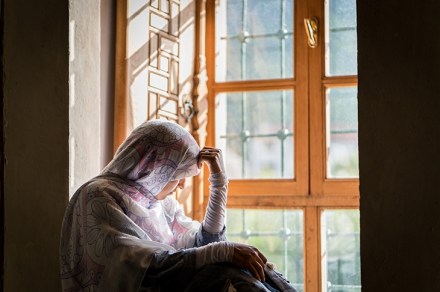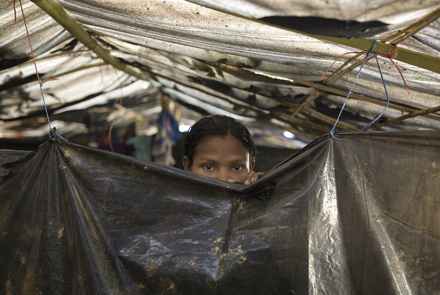Should we all be prepping for the end of days?
In the Covid-19 crisis the calamity-howlers have found a vindication: go back to survival mode and bunker down because nobody believed Noah until it was way too late. Bunker: Building for the End Times, a hybrid of reportage and philosophical musing, considers contemporary survivalist culture in all its manifest craziness, from the doomsday realtors who sell bomb-proof, virus-free bunker space to the Bible-belt survivalists who pack their INCH bags (I’m Never Coming Home) and bug out to bunker encampments in Wyoming in anticipation of the Final Judgment. In the modern concrete bunker Bradley Garrett sees an extreme expression of our fear of nuclear, chemical, biological and climatic calamity. Never before










